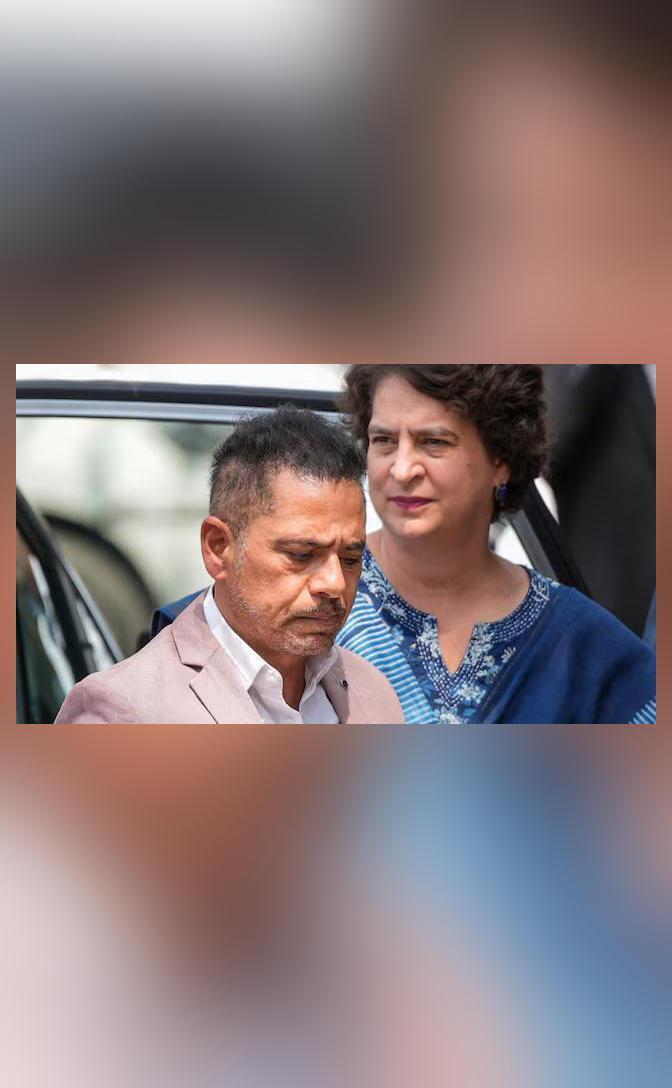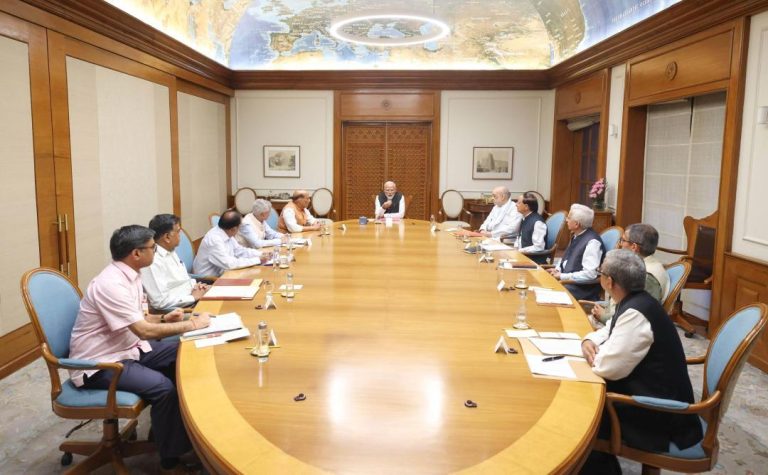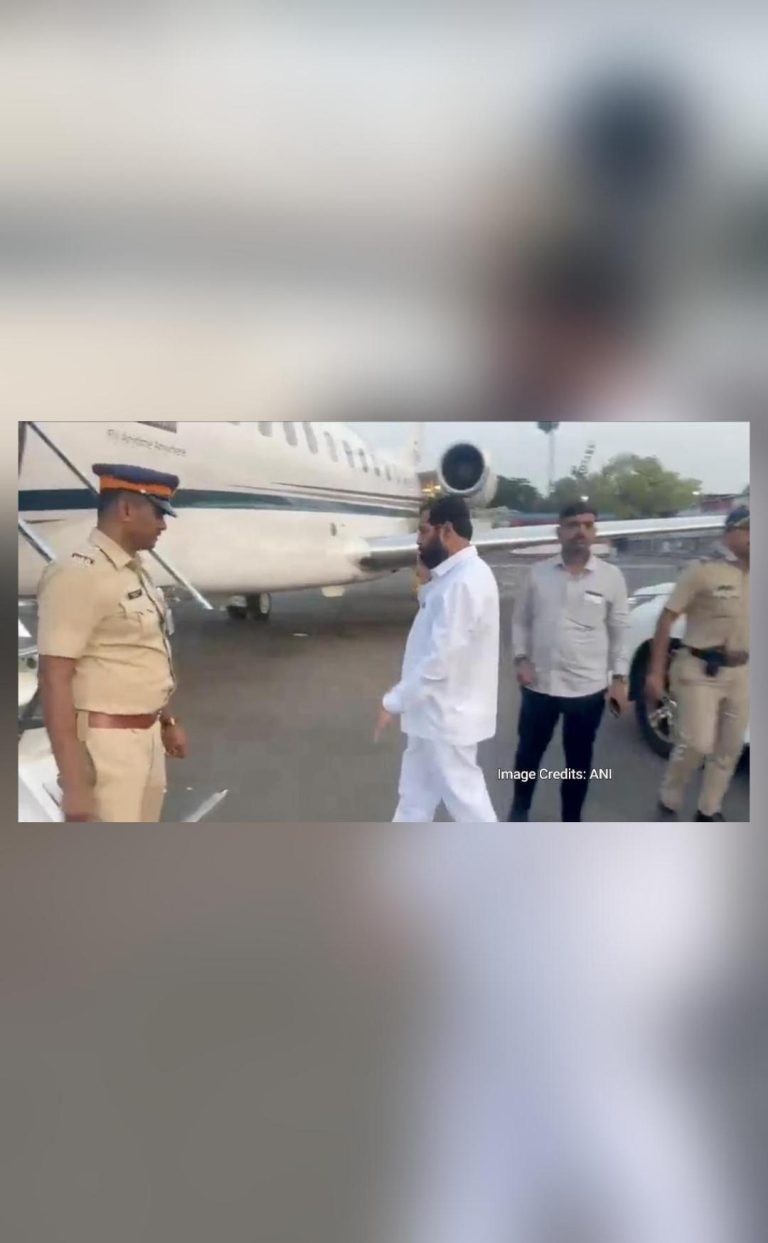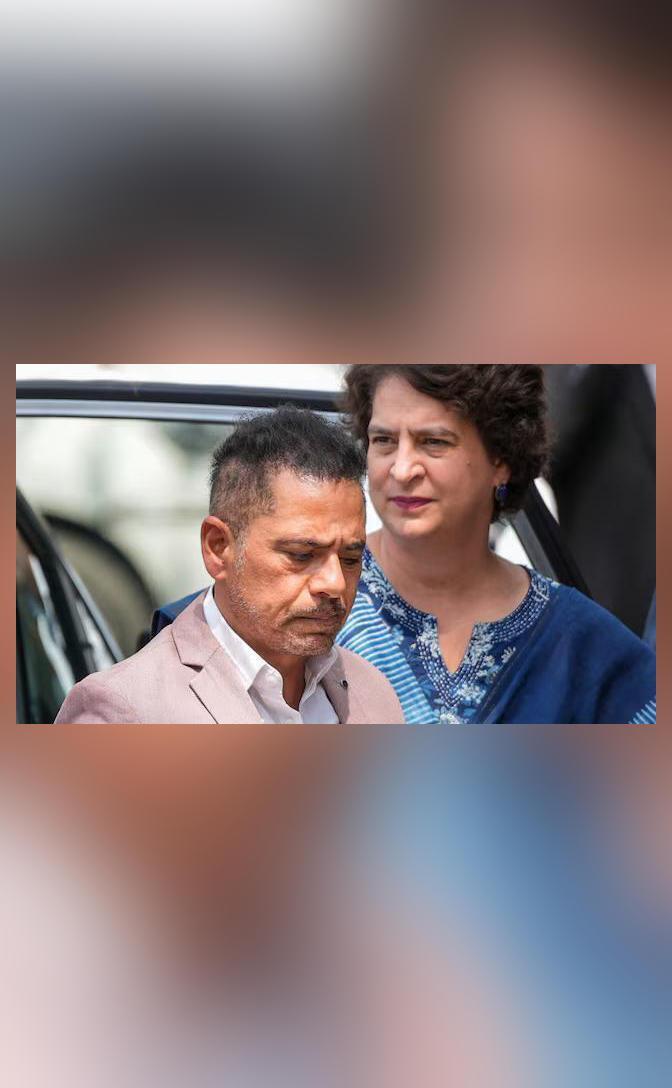
What Does Vadra Know About Hindutva: Relative of Man Killed in J&K
The debate over Hindutva and the role of communalism in Indian politics has been raging for years, with various individuals and groups taking opposing views on the issue. Recently, Congress MP Priyanka Gandhi’s husband Robert Vadra sparked controversy by stating that “Muslims are feeling weakened in India”. However, a relative of a man who lost his life in a terror attack in Jammu and Kashmir’s Pahalgam has come down heavily on Vadra, questioning his understanding of Hindutva.
Manjunath Rao, a resident of Karnataka, was one of the 19 people killed in a terror attack on a tourist bus in Pahalgam on August 14, 2019. His relative, who wished to remain anonymous, has expressed his outrage and disappointment at Vadra’s comments. “What does he know about Hindutva?” the relative asked in an interview with Republic World. “This was not expected from him. Terrorists don’t have any religion. He should take his words back.”
The relative’s criticism of Vadra is not limited to his comments on communalism. He also expressed disappointment at the fact that Vadra has not done enough to help the families of those killed in terror attacks like the one in Pahalgam. “We have not received any support from him or his party,” the relative said. “We have been struggling to come to terms with the loss of our loved ones, but it would have meant a lot if they had shown some compassion.”
The relative’s criticism of Vadra has sparked a wider debate on the role of communalism in Indian politics. While some argue that Vadra’s comments were justified, others believe that they have the potential to further polarize the country along religious lines. The debate is particularly relevant in the context of the upcoming elections in several states, including Karnataka, where the issue of Hindutva is likely to play a significant role.
The controversy surrounding Vadra’s comments has also raised questions about the role of politicians in stoking communal tensions. While some argue that politicians have a responsibility to promote unity and harmony, others believe that they should be free to express their opinions, even if they are controversial.
The relative’s criticism of Vadra is not an isolated incident. There have been several instances in recent years where politicians have been accused of stoking communal tensions, often for political gain. In 2018, for example, the then-BJP government in Karnataka was accused of using communal rhetoric to win votes in the state.
The controversy surrounding Vadra’s comments has also highlighted the need for politicians to be more responsible in their language and actions. While they have a right to express their opinions, they also have a responsibility to ensure that their words do not harm the country’s social fabric.
In conclusion, the relative’s criticism of Vadra highlights the need for politicians to be more responsible in their language and actions. While Vadra has the right to express his opinions, he also has a responsibility to ensure that his words do not harm the country’s social fabric. The debate over Hindutva and communalism is complex and contentious, and politicians must be careful not to stoke tensions for political gain.



